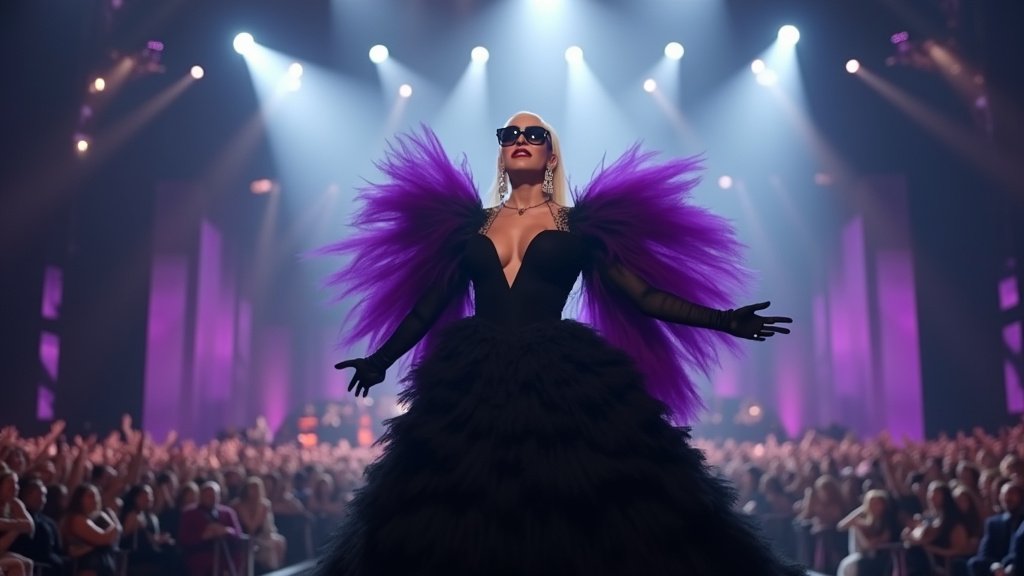Cierra Ortega, a contestant on the popular reality dating series “Love Island USA,” has abruptly departed the program following the resurfacing of a past social media post described as racist. Her exit has drawn significant attention, highlighting the increasing scrutiny faced by public figures, particularly those appearing on highly visible platforms.
News of Ortega’s departure emerged swiftly, impacting the dynamics within the show’s secluded villa environment and sparking discussion across social media platforms and news outlets. The incident underscores the potential repercussions of individuals’ digital histories coming to light under public pressure.
Circumstances of the Departure
Sources close to the production and reports circulating indicate that Cierra Ortega’s exit was directly prompted by a post from her past that recently reappeared online. While the specific content of the post has not been detailed in the provided information, it was widely characterized as racist upon its resurfacing.
The timeline suggests that the controversial post gained traction outside the villa, leading to internal discussions and ultimately Ortega’s departure. This follows a pattern seen in various reality television shows where contestants have faced removal or public backlash due to past statements or actions brought to light during their time in the spotlight.
Team’s Response and Prior Knowledge
Reports indicate that Cierra Ortega’s team was aware of and reportedly addressed the post prior to her departure from the villa. This suggests that efforts were made to handle the situation internally or prepare for the potential fallout before her exit became public knowledge. The nature of how the team “addressed” the post is not specified, leaving questions about what measures were taken or attempted before her removal from the competition.
The incident raises questions about the vetting processes employed by major reality television productions to identify and mitigate risks associated with contestants’ public and digital histories. While comprehensive background checks are standard, the rapid and widespread nature of social media means that past content, no matter how old, can be quickly unearthed and disseminated.
Impact Within the Villa
Ortega’s unexpected departure had immediate consequences for the remaining contestants on “Love Island USA.” The format of the show relies on contestants forming romantic or platonic couples, and her exit necessitated adjustments to the relationships and pairings within the villa.
Notably, her departure led directly to fellow contestants Nic and Olandria coupling up. This rearrangement demonstrates how one contestant’s removal can significantly alter the course of the competition and the relationships developing between the participants, highlighting the fragile and ever-changing nature of the show’s structure.
Parents Break Silence
In the wake of the controversy and Cierra Ortega’s departure, her parents have reportedly broken their silence regarding the situation. While the details of their statements were not included in the provided information, the fact that her family has publicly commented indicates the severity and personal impact of the incident.
Family statements in such circumstances often aim to offer support, provide context, or address public perception. The decision of Ortega’s parents to speak out suggests a desire to engage with the narrative surrounding her departure and the resurfaced post, acknowledging the difficult nature of the situation for their daughter and the family.
Broader Implications for Reality Television
This incident serves as a stark reminder of the intense public scrutiny faced by individuals who gain rapid fame through reality television. Every aspect of their lives, including past online activity, can become subject to immediate and widespread examination.
The case of Cierra Ortega underscores the ongoing challenges faced by both contestants and production companies in navigating the complexities of digital footprints and public accountability in the age of social media. It highlights the need for both individuals considering public life and the platforms that elevate them to understand the potential for past controversies to impact present and future opportunities.
As reality television continues to be a dominant force in entertainment, incidents like this are likely to remain a significant factor, influencing casting decisions, contestant behavior, and the narratives that unfold both on-screen and online. The focus now shifts to the aftermath for Cierra Ortega and how she addresses the controversy following her exit from “Love Island USA.”












